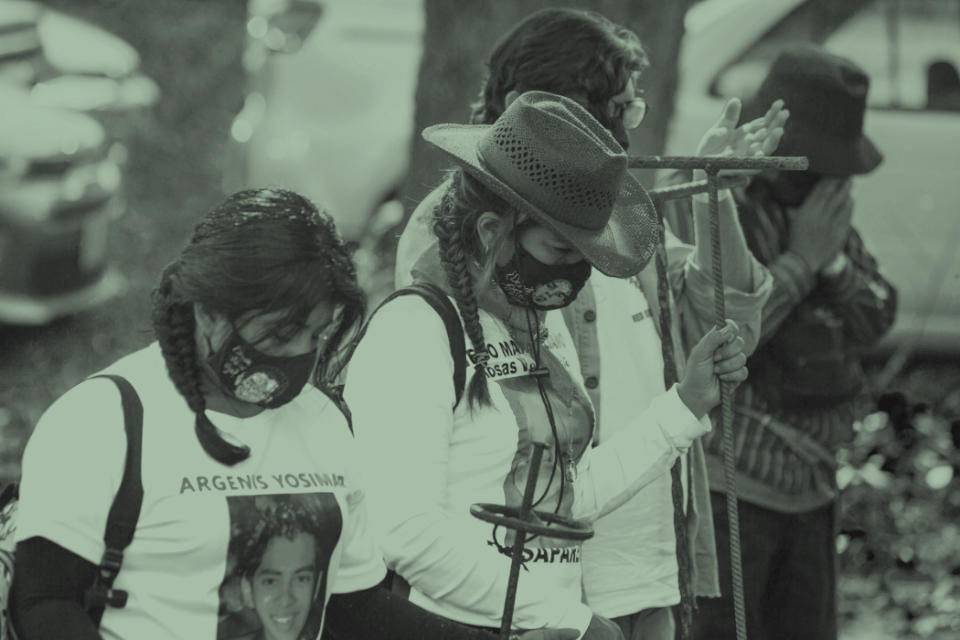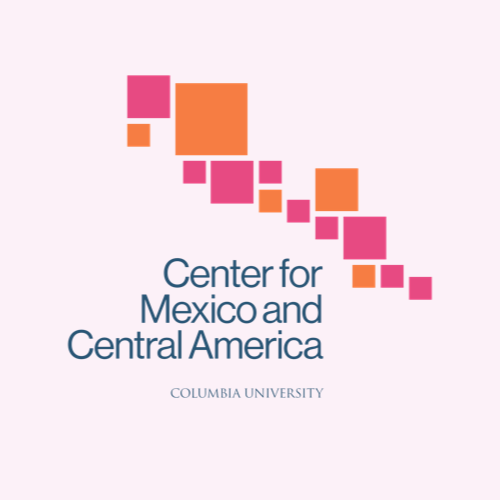Oral Testimonies

60 interviews with mothers, grandmothers, aunts, sisters, wives, daughters, fathers, brothers and sons from 12 different states in Mexico who are searching for their missing loved ones. A personal compilation of experiences before and after cases of disappearance, the meaning of searching, and the transformation of fear into strength and the hope to find those who are missing.
Read more

